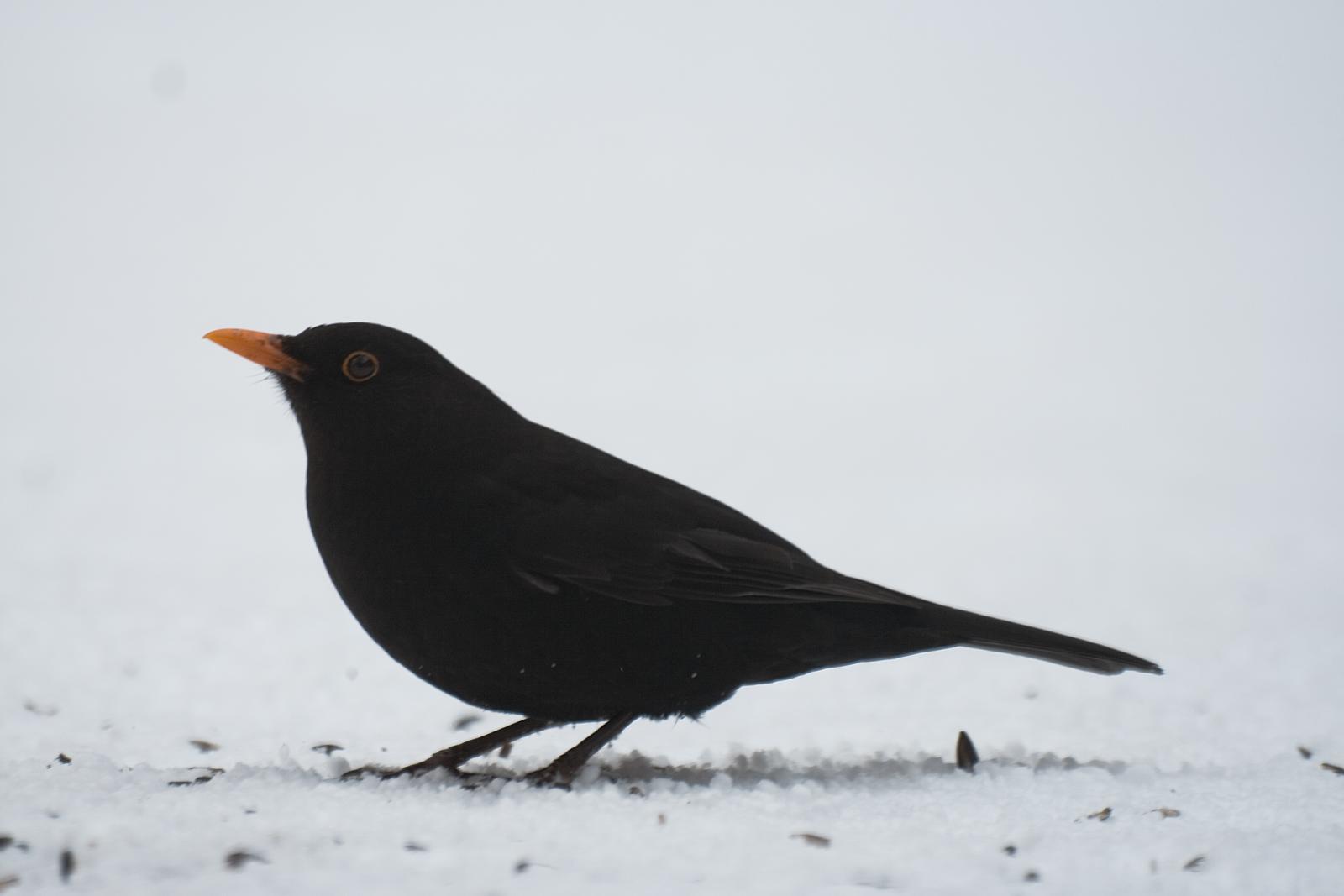 I was interested to read today about a new research project being undertaken, to investigate the psychological impacts of exposure to birdsong. In particular the project will look at how birdsong affects our psychological state, including its effect on mood, attention and sense of creativity.
I was interested to read today about a new research project being undertaken, to investigate the psychological impacts of exposure to birdsong. In particular the project will look at how birdsong affects our psychological state, including its effect on mood, attention and sense of creativity.
The research is being conducted as a joint collaboration between the University of Surrey, National Trust and Surrey Wildlife Trust. Researcher Eleanor Ratcliffe, highlighted that there was a real a lack of evidence on the effects of birdsong, stating:
"A great deal of anecdotal evidence suggests that we respond positively to birdsong. However, currently there is a lack of scientific research on the psychological effects of listening to birds."
You can find out more about the project here.
For me the sound of birdsong offers predominantly positive associations. Living in London, I’m now surrounded by a largely synthetic soundscape, which is strongly connected to the stresses and frustrations of city life (the daily commute, working long hours and a persistent sense of fatigue).
Living amongst this hubbub has unsurprisingly increased the value I attribute to natural soundscapes. Standing in binary opposition to the din of urban living, natural soundscapes offer potential for escape, not just from noise, but from all the negative associations paired with it.
It may be that natural sounds can help us escape from a chaotic lifestyle or at least provide a restorative effect from stress. Understanding the psychological impacts of birdsong will allow us to better understand how we respond to such sounds and perhaps learn more about this relationship. If birdsong really does improve our state of mind and / or sense of wellbeing then it could have real potential in it’s application as a therapeutic tool.
Birdsong as a therapeutic tool?
Back in April / May – I produced a radio piece which looked at the use of Birdsong in the healthcare environment. Alder Hey Children’s Hospital in Liverpool has been experimenting with the use of birdsong to improve the experiences of it’s young patients.
Installed in the central corridor is a sound installation playing the beautiful birdsong recordings made by Chris Watson and Alder Hey patients. These recordings are also used with patients during traumatic and painful procedures, often as a way of calming them down or taking their minds off the situation.
Speaking to the hospital’s Arts Coordinator Vicky Charnock, I found out that there was already tremendous anecdotal evidence in support of birdsong as a therapeutic tool. They were also interested in setting up some form of trial in which to test the potential therapeutic benefits of birdsong.
You can listen to and download the piece here:
http://soundcloud.com/eprosser/alder-heys-dawn-chorus
